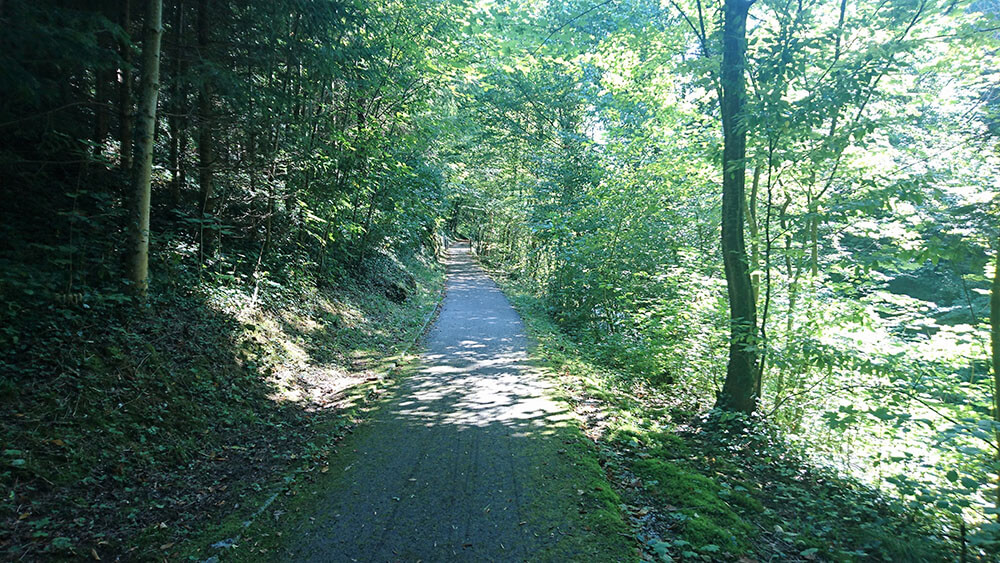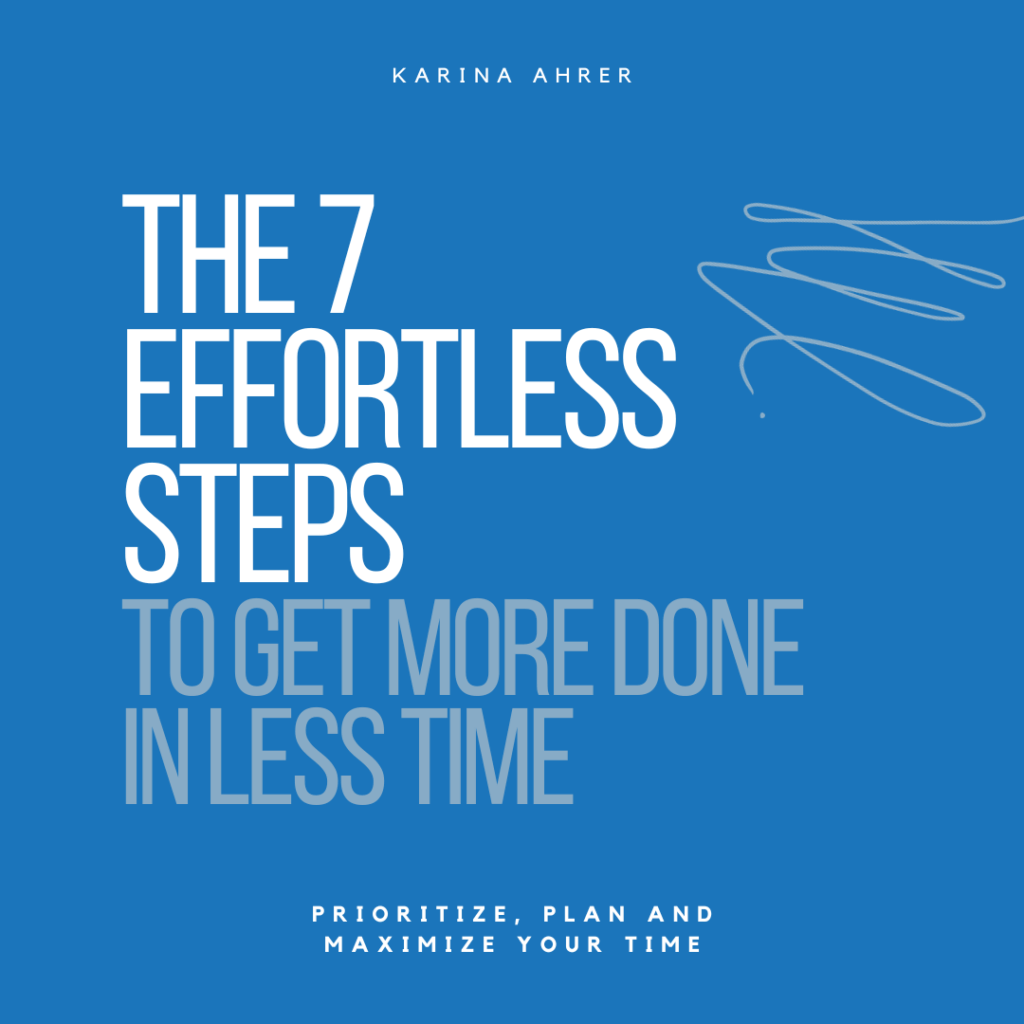What is something anybody can do against climate change?
Every time I’m reading about climate change, green lies, and sustainability, I feel small and useless. One person alone can’t change the world, that’s for sure. But every change starts with one person who changes his habits and his environment with it.
We make the world we live in and shape our own environment. – Orison Swett Marden
In the book “This Changes Everything: Capitalism vs. the Climate” the author Naomi Klein makes one suggestion that each person can do to help change the world and stop climate change. She writes, that we should just consume less so that we don’t support capitalism.
She doesn’t write anything about minimalism but that’s a topic that can stop climate change, helps you to calm down, and saves you money too.
Minimalism – Consume less
By consuming less, you’re not only saving money, but you’re also consuming less plastic, less packaging, and less rubbish. Of course, we all have to consume something because we can’t survive without food, but we can think about everything else we want to buy.
Something in the world is wrong when the richest people are getting richer. It’s because we’re living in a world that is ruled by money. Capitalism rules the world. We need something to eat and we need some place to live, but for that we need money. So we’re working.
But the problem with this capitalism is that we always want to consume more and more, and therefore we need to work more and more and then we have less free time to enjoy the things we bought. And the richest people are getting more money because of the things we buy and the job we do. It’s an endless circle and the wealthy want it to stay that way because the economy needs to increase.
The wealthy rule the world by selling things we need or want, but they don’t care about the environment or the earth. They just want to make more money.
That’s why we need to break out of this endless circle and consume less. We need to show them what we really need and that we care about the environment. There is already a lot of organic food available in supermarkets (even though there has always been organic food from our own gardens or from farmers) and that’s because more and more people are buying more consciously.
My tips for consuming less:
- Write a list of groceries you need and then only buy the things you’re really eating the next few days.
- Eat everything you’re buying. If there is something almost on the due date, then you should eat that (if it’s still good) instead of buying something fresh. It will save you rubbish too.
- When you’re buying something you don’t need, then take a step back and think about it a while before really buying it. Everything can look different the next day.
- Use your stuff (especially electronics) until it’s not working anymore or try to repair it before buying something completely new. For example, my phone is already two years old and it’s getting really hot sometimes, but it’s still working and so I’m not buying a new one. We tend to buy new electronics really fast because we want to have the latest and coolest thing. But why do we want it? Because we want to impress other people, right? But other people don’t care about your stuff, they only care about their stuff. Or do you care about what TV your neighbor has?
“Too many people spend money they haven’t earned, to buy things they don’t want, to impress people they don’t like.”
– Will Rogers.
Energy and Water
Saving energy and water is not only good for the environment but also for your monthly budget. Do you really need your TV on standby the whole day while you’re at work or while you’re sleeping? Do you really need warm water for washing your hands? It will not get hot anyways until you’re done washing your hands.
And do you really need to drive by car everywhere? I know there isn’t good public transportation everywhere, but sometimes it’s much nicer to go on foot or to take your bike.
It’s so comfortable that I’m living in Vienna (Austria) and I never need a car at all. I always take public transportation to my university and I’m so glad that I don’t need to drive a car in a big city.
The generation of electricity and the oil industry is the biggest pollutant on the planet because they’re producing CO2 and are destroying the earth by pumping, drilling, and destroying the surface of the earth.
Consume More Consciously
That’s why you need to consume more consciously. Using less oil, less energy, and less water. Consuming less non-organic food and less international food. There is so much organic food produced in your home country available, maybe not in the biggest supermarket. So many local stores and farmers are getting bankrupt because everyone wants the cheapest food.
But do you know what’s inside your cheap food? Do you even know if it’s healthy? We don’t know all those things that are in our food and we especially don’t know what’s in the packaging and if it’s healthy for us. Not even producers know if the packaging is fine with food.
Plastics dissolve over time and this goes into our food and drinks. But when we’re buying from a local store or local farmer, we get it in paper and we can ask personally how they produce it.
There is so much stuff that has a really short life span and then it ends as rubbish in our seas. There is so much luxurious stuff that we don’t need but buy anyways to impress other people we don’t like.
At the end of the day, we can’t take things and money with us to death, but what will be left of us is the love and memories we shared.
By consuming less, we need less money, we can work less and so we can spend more time living our lives with our loved ones.
“The secret of happiness, you see, is not found in seeking more, but in developing the capacity to enjoy less.”
– Socrates
Thanks for reading!
If you are interested in reading other inspiring books, then take a look at my book list.
Join my free newsletter to get a direct message from me once a week about topics like minimalism, questioning thoughts, and beliefs. And stay tuned as I will soon publish a free booklet about Time Management!


